Anyone who has ever pet a cat or shuffled their feet across the carpet knows that rubbing objects together generates static electricity. But an explanation for this phenomenon has eluded researchers for more than two millennia.
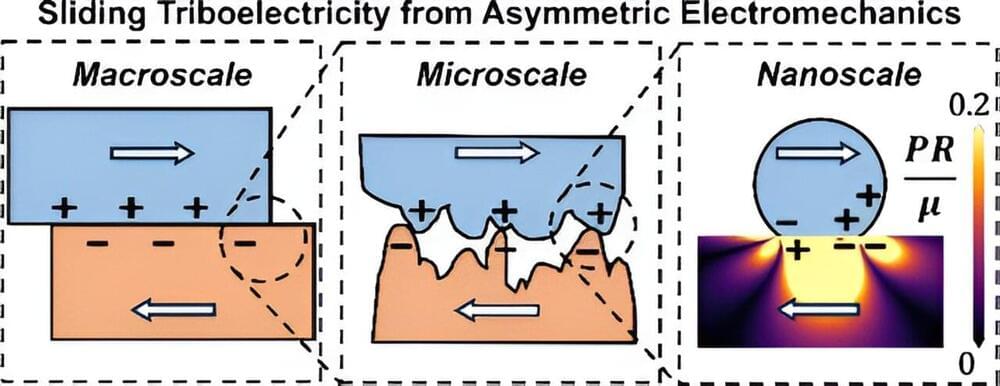

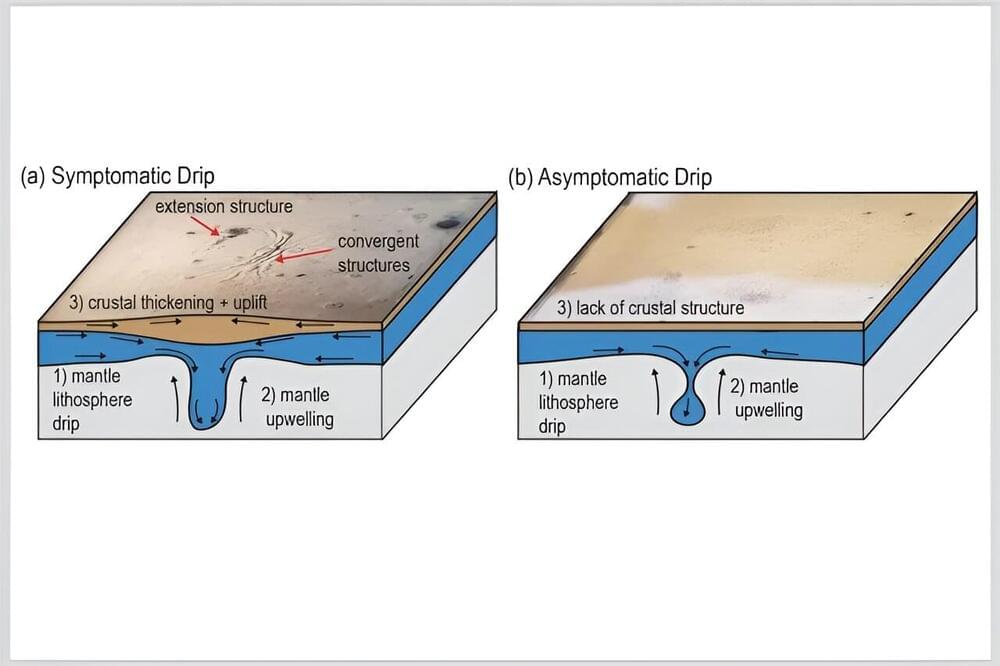
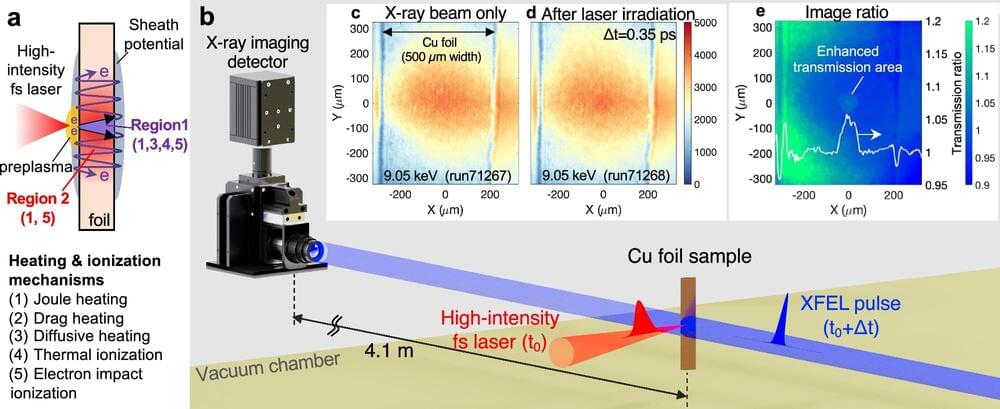
In a few picoseconds (trillionths of a second), a small, thin piece of copper momentarily becomes dense plasma, specifically a state called warm dense matter, warm being a relative term—the metal is nearly 200,000 degrees Fahrenheit. With the short duration of a high-powered laser pulse, copper shifts from a solid state to a plasma state in an instant before it explodes. Understanding the progression of heat in the copper is an exciting breakthrough in physics relevant to the interior of giant planets and laser fusion fuel cores.
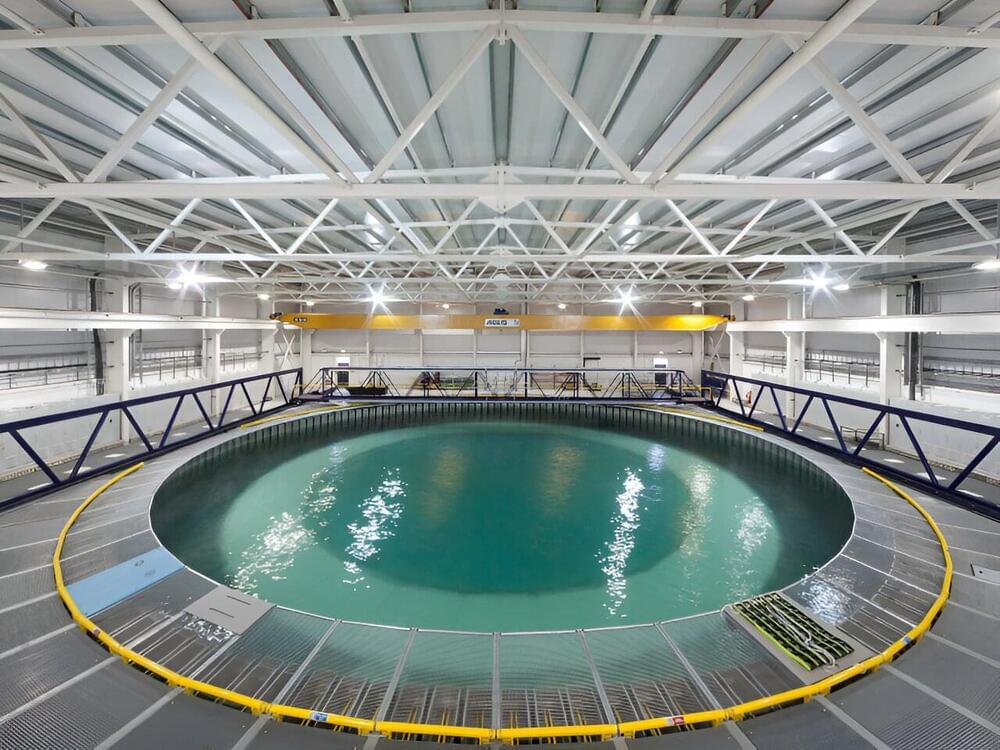
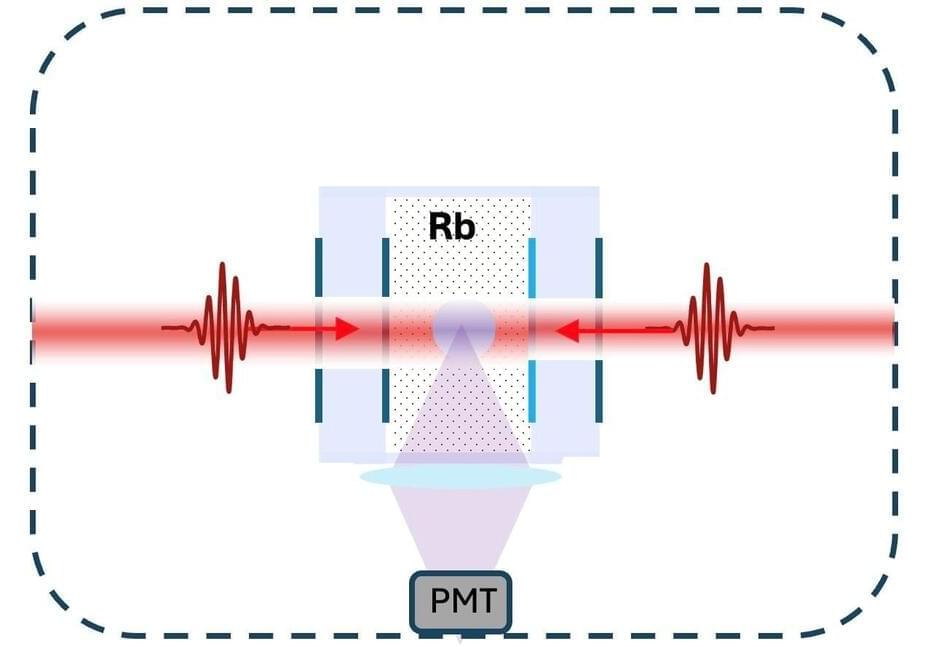
Researchers have demonstrated a new optical atomic clock that uses a single laser and doesn’t require cryogenic temperatures. By greatly reducing the size and complexity of atomic clocks without sacrificing accuracy and stability, this advance could lead to high-performance atomic clocks that are compact and portable.
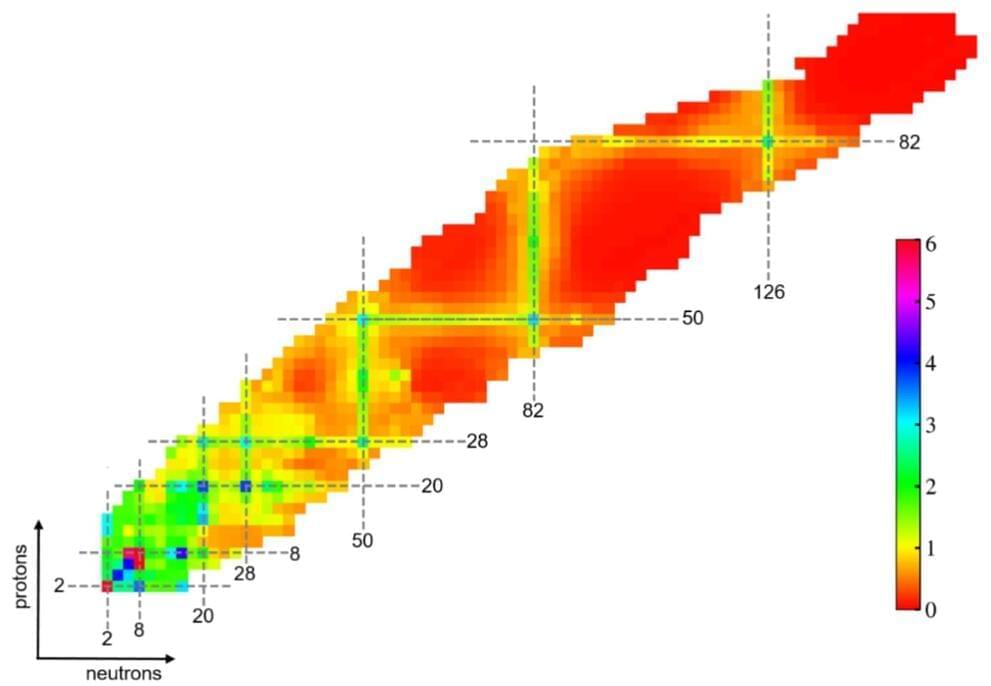
A research team has used a machine learning approach to investigate the evolution of shell structure for nuclei far from the stability valley. The study, published in Physics Letters B and conducted by researchers from the Institute of Modern Physics (IMP) of the Chinese Academy of Sciences, Huzhou University, and the University of Paris-Saclay, reveals the double-magic nature of tin-100 and the disappearance of the magic number 20 in oxygen-28.
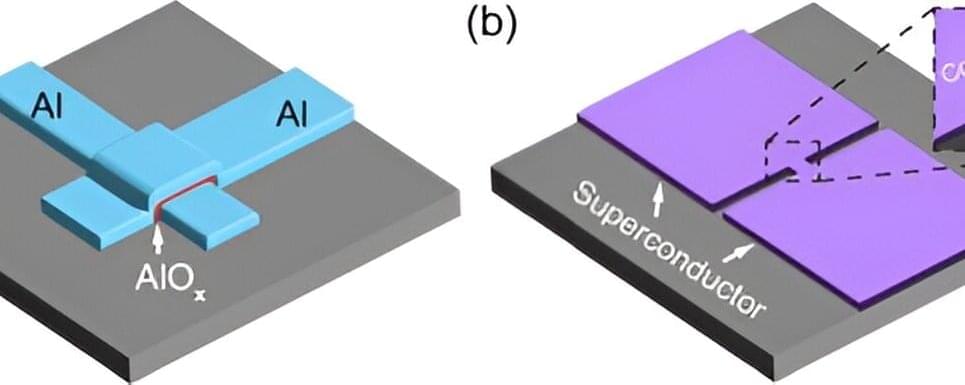
Scientists from the U.S. Department of Energy’s (DOE) Brookhaven National Laboratory have shown that a type of qubit whose architecture is more amenable to mass production can perform comparably to qubits currently dominating the field. With a series of mathematical analyses, the scientists have provided a roadmap for simpler qubit fabrication that enables robust and reliable manufacturing of these quantum computer building blocks.
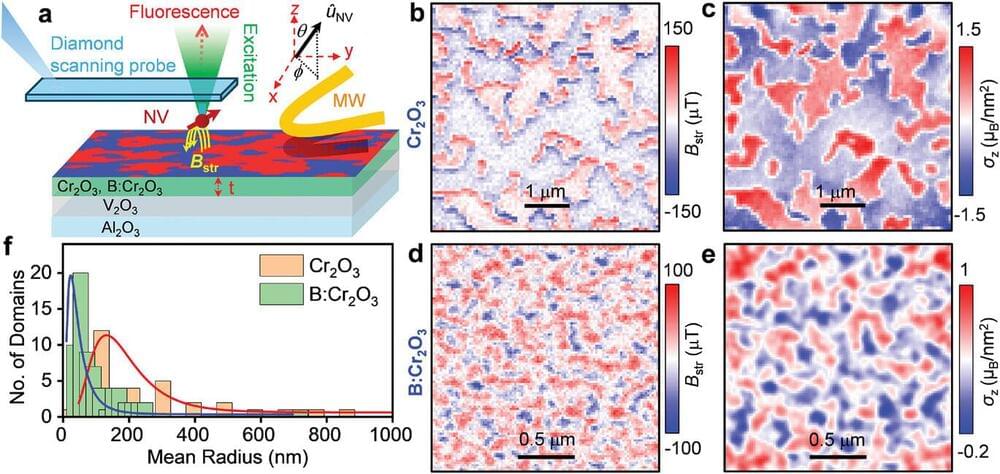
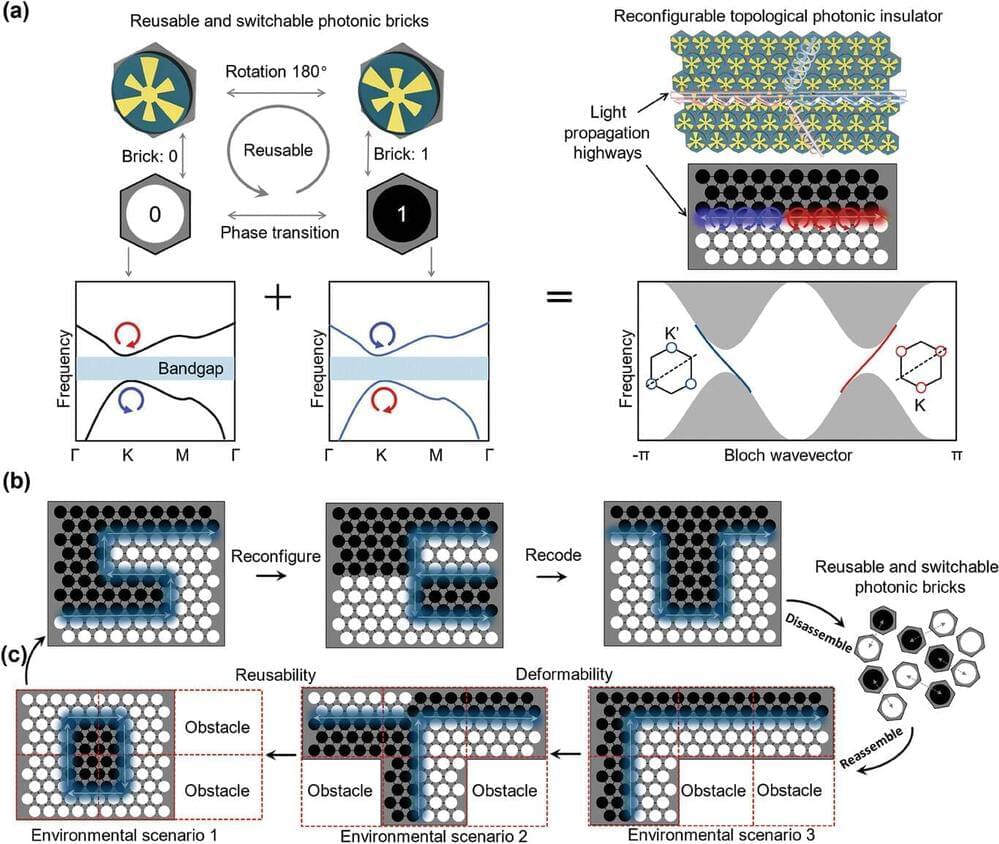
An exploration of the idea of giving Mars a magnetic shield to compensate for its lack of a magnetic field for colonization.
My Patreon Page:
/ johnmichaelgodier.
My Event Horizon Channel:
/ eventhorizonshow.
Papers: